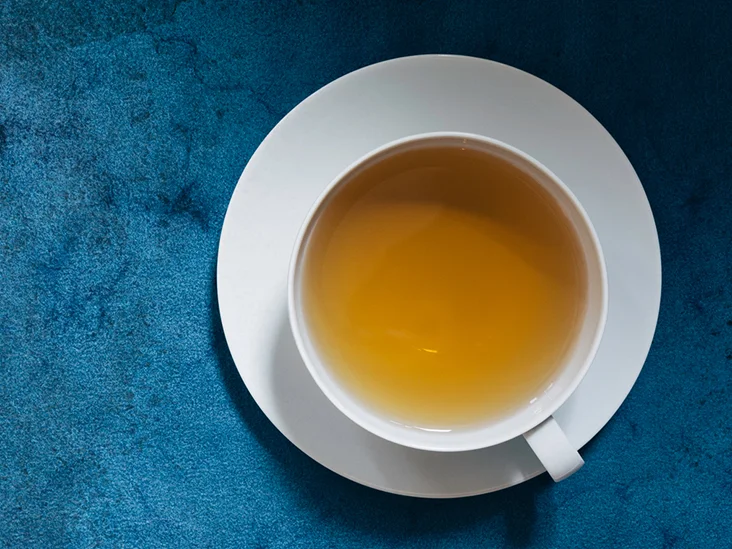Who doesn’t complain or has heard someone complaining about insomnia? Everyone, right?! And most justifications point to anxiety as the great villain. But what you still don’t know is that valerian tea treats anxiety and sleep disorders very effectively.
About 30% of the world population suffers from insomnia, being more frequent in elderly patients.
This disorder affects many people due to specific factors: genetic predisposition, stressful and hectic routine and environmental motivations, are some of them. What justifies the advance of the intense and growing use of psychotropic drugs in order to treat this condition.
It is in this context that the herb appears as a natural alternative, being proven to be efficient in acting as a moderate sedative and in the treatment of sleep disorders associated with anxiety .
And it is no wonder that valerian has become one of the medicinal plants most popularly used for insomnia, it has relatively high safety, has fewer side effects, is not potentiated by alcohol, does not cause physical or psychological dependence and is very accessible to the population.
Table of Contents
What is valerian tea for

Treats anxiety
The anxiety is an important, if not the largest, component stress and tension. Valerian root is effective against anxiety, anxiety and mild nervous system imbalances. One of its active principles, valepotriate, acts by stabilizing the emotional centers, which makes it possible to restore the balance between behavior and physiology.
Combat insomnia
The sleep disorder is the one that most affects the population, and triggers a reduction in work performance, an increase in traffic accidents and a greater propensity for diseases. Valerian works with excellence in this field as it has sesquiterpenes, an active ingredient that offers good sedative and tranquilizing properties.
To enjoy the properties of the plant in order to sleep better , the recommendation is to drink the tea, or its derivatives, 30 minutes to 2 hours before bedtime.
it’s calming
Another active principle of valerian is lignan, which induces mild sedation, resulting in a central depressant, sedative, anxiolytic and muscle relaxant action. The high levels of glutamine in the extract provides significant levels of stress reduction .
Due to its calming effect, some systems of traditional medicine also point to its use as an aid in digestion and in cases of abdominal cramps.
Curiosity
The plant, its tea and extracts have an anti-smoking effect. That’s right! Anyone who wants to stop smoking can count on valerian. Using the herb, its odor gives tobacco a bitter taste, helping the body to repel the practice.
Does valerian tea make you slim?
Like most teas, the valerian-based drink is a diuretic, which stimulates urine production, leading the consumer to go to the bathroom more often. The result of this is reduced swelling and fluid retention in the body. However, the medicinal purpose of the plant does not specifically address the issue of weight loss.
How to make valerian tea
The active principle of valerian concentrates on the roots. Crushed, they become extracts to make medicines in laboratories or capsules in compounding pharmacies. And they are also the basis for powerful tea.
Ingredients
- 10 g of valerian root
- 500 ml of water.
Preparation mode
Boil the ingredients in a pan for 10 minutes. Let stand for 5 minutes, strain and consume while still warm. In case of insomnia, the tea should be taken within 30 minutes before bedtime.
How many times to take
To enjoy the effects of the plant, it is recommended to consume a cup of tea three times a day. If you choose to use the extract capsules, in that case, take two a day.
Contraindications
The use of valerian tea is contraindicated for children under 3 years of age. People with hypersensitivity to the extract should not use the plant for medicinal purposes.
It generally has no side effects when taken in the right doses.
Side Effects and Precautions
Do not take larger doses than recommended. There are no data available on the use of valerian during pregnancy and lactation, therefore it should not be used by pregnant and nursing women without medical advice.
There is insufficient evidence that valerian tea affects the ability to operate machinery or drive, but as these data are insufficient, such activities should be avoided during treatment with the compound. In the long term, the following symptoms can occur: headache, tiredness, insomnia and cardiac disorders.
General characteristics of the plant
Of approximately 200 known species, Valeriana officinalis , as it is known in the scientific community, is the most commonly used for medicinal purposes. It is an herbaceous plant, also known as amantilla, wild bard, catnip, valarika and badarina.
It has small pink or white flowers, and its stem can reach up to two meters in height. It has a strong odor and particular flavor. Its natural habitat is Europe and North Asia, being currently cultivated in several European countries, such as Germany, Belgium and Holland, in addition to Japan and the USA.
Already widespread in Brazil, it is possible to find it in specialized stores, herbal shops, open markets and compounding pharmacies. It is also common to find it for sale in virtual health food stores.
My name is Ellie Lauderdale, MD and I am USA based professional Nutritionist .
I am a Registered Dietitian Nutritionist and board certified specialist in sports dietetics who is trained in integrative medicine. I have worked with hundreds of clients, from those suffering with chronic disease to professional and olympian athletes. My goal is to help optimize you from the inside so that you can feel, perform, and look your best on the outside.


